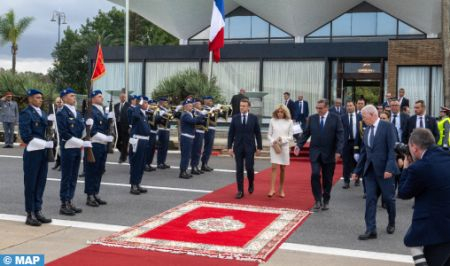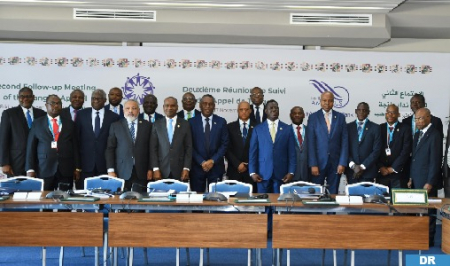The geopolitical dynamics in the Middle East are set to change following the signing of an agreement to restore ties between Saudi Arabia and Iran, analysts and local figures predict.
The China-brokered agreement was signed on Friday in Beijing, ending a seven-year rift between the two countries, with the two foreign ministers set to discuss diplomatic missions over the coming two months.
Observers believe that the agreement is particularly bad for the US and Israel, as the move is a heavy blow to America’s dominance in the region.
The Chinese involvement in the deal is seen as especially significant, and another sign that Beijing is establishing itself as a major international power, especially in the Middle East which has always experienced heavy American involvement.
While Saudis have not perceived the signing as a complete break from friendly relations with the US, it is still considered a big step in diversifying their relations.
“It’s not like Saudi Arabia isn’t fully conscious that even a Chinese guarantee has its limits,” Yasmine Farouk, a nonresident scholar at the Carnegie Endowment for International Peace, told the New York Times.
“The Saudis have learned, over the past few years, very hard lessons, one of those being we have to continue in the diversification of our relationships,” she added.
The US’ preoccupation with the war in Ukraine over the past year was another sign to countries in the Middle East that they should become more dependent on themselves and each other, some argue.
Riyadh’s attitude towards Iran has also shifted over the past few years: whereas Saudi Crown Prince and de facto ruler Mohammed bin Salman previously compared Iranian leaders to Adolf Hitler’s regime previously, he has recently shown that he is now open to a resolution for the conflict.
Despite the new landmark agreement, observers agree that there remains a high level of distrust between the two countries, with Saudi Arabia not wanting to potentially expose itself to US sanctions by trading with Tehran.
Speaking to Al Jazeera, political analyst Diako Hosseini highlighted the ongoing Yemen war as a potential area where the restored relations could have an impact, although reaching any potential agreement would require “continuous and long-term efforts.”










